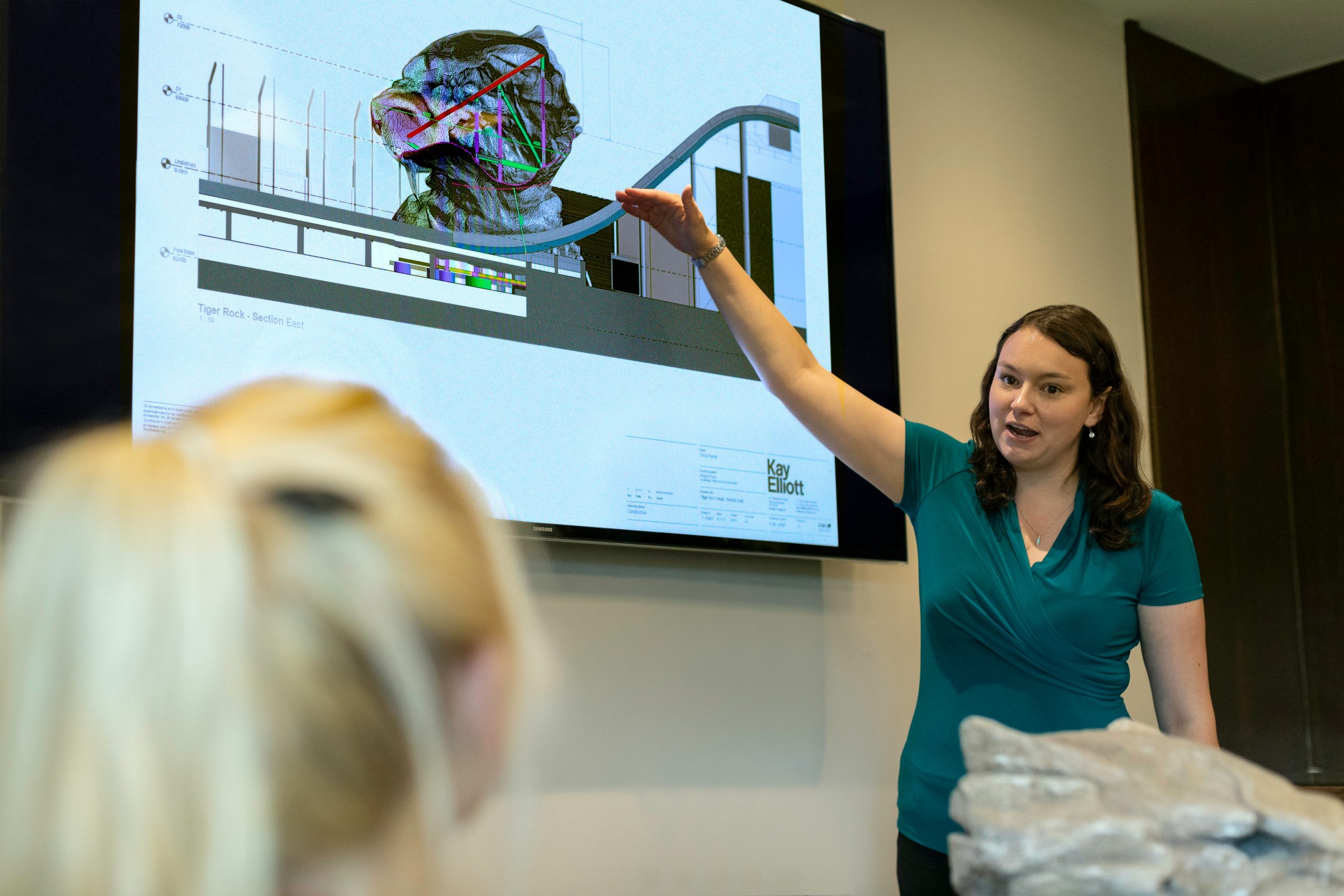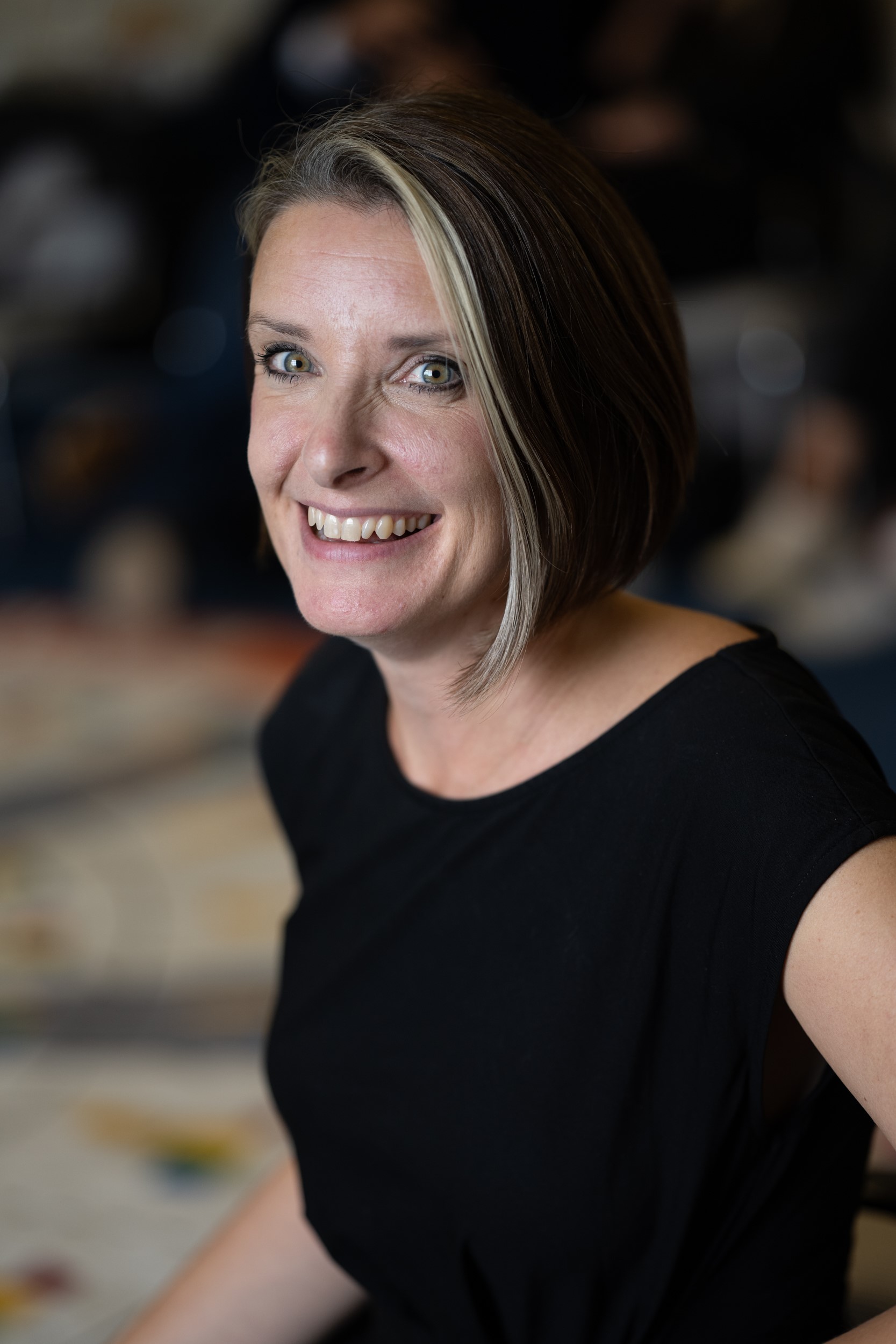Chronicle Law would like to thank Vikki Pratley for showcasing her article with us originally from her Mindfully Legal newsletter on Linked In. Vikki Pratley is the business woman behind ‘The StressLess Coach’ .
For years, I didn’t think I could be both successful and a mother.
I didn’t even realise how much I’d absorbed that belief – until I stepped away from legal practice and saw other women doing it differently.
They weren’t compromising their careers. They weren’t compromising their families. They were redefining what success looked like – and building lives and successful businesses that honoured all of who they are.
At the end of March, I was invited to join the Ladies in Law Society panel discussing; “Balancing the Scales: Motherhood and Law” – a conversation that reached far beyond policy, maternity leave or childcare.
It was about identity. Value. Power. And the cost of pretending we can do it all.
The truth is: I wasn’t a mother when I worked in law.
And that’s not a coincidence.
Back then, I was surrounded by brilliant women – many of us child-free, working hard, pushing through. I didn’t see motherhood and legal ambition being modelled together.
If anything, the message was subtle but clear: succeed first, then maybe… think about a family later.
It wasn’t until I left that world and built a business of my own that I started questioning those beliefs. And now, as a mum, a business owner, and an Employment Tribunal lay member, I see things so differently.

We need better answers to these questions.
Not because we don’t already know them deep down – but because we’ve been trained to hide them.
Here are just a few questions from the panel:
- “Have you ever wanted to stop your career because motherhood felt like too much?”
- “What do you sacrifice to be both present at home and at work?”
- “What would better support for mothers in law actually look like?”
8 Messages I Want Every Woman to Hear
Whilst preparing for the panel discussion, I took time out to reflect on the key messages I wanted to get across during the panel discussion. I’ve summarised them here:
1. Redefine success on your own terms. Let go of the version you were handed (you might need to take some time to even notice it first!). Create one that honours you – including what it costs.
2. Lead with structure – but make space for flex. You don’t need control. You need clarity. Build your rhythm – then let it move when life does.
3. Boundaries are a feminist act. They say: my time matters. My health matters. I don’t have to prove my worth through sacrifice.
4. Make your needs visible – and ask for support. Doing it all alone isn’t strength. It’s silence. And it’s exhausting.
5. Honour the emotional load – it’s real, and it’s heavy. You’re holding more than tasks. You’re holding people. Plans. Pressure. Don’t minimise it.
6. Mindset is the game-changer. What you believe shapes what you allow. Challenge the stories you’ve inherited.
7. You’re allowed to want more – and want ease, too. Ambition and rest are not opposites. You can want both.
8. Be the culture-setter – even if you’re not in charge. Change doesn’t wait for permission. It begins with one woman modelling a different way.

8 Messages Every Woman in Law Needs to Hear expanded
If any of these messages made something in you sit up a little straighter – you’re not alone.
Below, I’ve expanded on each one with practical tips and real stories from my own life and from the incredible women I work with. These aren’t just ideas – they’re lived experiences, and they’re a reminder that you’re not the only one trying to find a better way.
1. Redefine Success on Your Own Terms
Let go of the version of success you inherited – the one that says more is always better, and worth is earned through exhaustion. Redefining success means asking, what does a good life look like for me – right now?
Top Tip:
Write your own definition of success. Not just in work, but in life. Ask: What do I want to feel more of? What do I want to feel less of? What do I want to see around me, hear around me? Then, check: are your current habits aligned with that?
Case Study:
When I burned out in law, I had every sign of success on paper – but none of it felt good. Later, as I started building my business, I sat down and wrote a definition of success that included different roles within my life (mother, partner, family member, business developer, investor, client guide, healthy individual etc. And included space, stillness, and joy. That definition guides how I work now – and I revisit it every time I’m pulled back toward old patterns of overworking or people-pleasing.
2. Lead with Structure – But Make Space for Flex
Structure gives you clarity. Flexibility gives you sanity. You need both. A rhythm you can return to – even when life gets messy.
Top Tip:
Map your week into different zones, which align with the roles you’ve identified for yourself: Client Guide: client sessions – Mother/Householder: school runs, food planning – Healthy Individual: park run, gym, meditation etc. And include flexible time blocks for overflow and rest. Protect these blocks and ensure you’re honouring them every week.
Case Study:
A client who was reaching for Partnership but worried about more sacrifice and more busy-ness when she was feeling constantly stretched. We worked together to consider her roles, her boundaries and shape a week that had protected “deep work” days, short flex slots for reactive tasks, and non-negotiable time for herself. Just naming that rhythm reduced her overwhelm. And when life happened – as it does – she had a system to flex without spiralling into chaos.
3. Boundaries Are a Feminist Act
Saying no isn’t selfish – it’s strategic. Boundaries protect your energy, your peace, and your power. They model to others what’s possible.
Top Tip:
Notice where you feel resentment, pressure, or guilt – that’s often where a boundary is needed. Choose one place to practise saying, “That doesn’t work for me – here’s what does.”
Case Study:
A client found she was saying ‘yes’ to every urgent ask, even doing them for her junior team members to ‘protect them’ – until it cost her time with her kids and her health. Falling asleep during story time so she felt “my son is being the adult and reading me to sleep”, waking up at the kitchen table after some late night work. When she started responding with, “I can do that, but here’s the realistic timeline,” something shifted. She was still delivering – but on her terms. And surprisingly, no one pushed back. The world didn’t end. It just got clearer.
4. Make Your Needs Visible – And Ask for Support
You’re not meant to do it all. But if we don’t name our needs, we reinforce systems that expect women to carry it all, invisibly.
Top Tip:
Ask yourself: What do I actually need right now? Then tell one person. Start small – an adjustment, a conversation, or a bit of help. Support starts with self-awareness.
Case Study:
One client took a different approach helping a team member get ready for maternity leave. She structured the handover, challenged the employee to focus on an earlier deadline (because inevitably a curve ball would come!) and supported the client to start focusing on herself. This modelled for others in the firm what the lead up to Mat leave could look like to empower them to ask for the same.
5. Honour the Emotional Load – It’s Real, and It’s Heavy
The unseen labour – planning, managing, worrying – is real work. If you ignore it, it will cost you.
Top Tip:
List all the things you’re currently holding in your head. What can you write down, delegate, delay, or let go of entirely? Then actually let go.
Case Study:
Regularly during workshops, a leader will realise she is managing not just her own workload but emotionally buffering her whole team. In those circumstances I help them to name that invisible load – and redistribute it. The takeaway: ‘Just because I can carry it, doesn’t mean I should.’
6. Mindset Is the Game-Changer
You can have all the right strategies – but if the voice in your head is tearing you down, you’ll stay stuck. Your beliefs shape your behaviour.
Top Tip:
Catch one unhelpful belief this week (e.g. ‘I should be coping better’). Then reframe it: ‘I’m doing my best with the energy and information I have today.’
Case Study:
A friend preparing to return to law after the birth of her second child told me:
“He wouldn’t settle at nursery. I’ve failed.”
We slowed it down. We explored what that belief was doing to her body, her nervous system, and her sense of self. She cried. Not because she’d failed – but because she was trying so hard not to. Because she was making her child’s discomfort mean something about her capability.
We reframed it together:
“I met his needs. That’s not failure – that’s mothering.”
And then we added:
“It’s hard for both of us. And I’m allowed to hold that without blaming myself.”
That shift didn’t just soothe her emotionally – it changed how she showed up the next day. That’s the power of mindset.
7. You’re Allowed to Want More – And Want Ease, Too
You don’t have to earn rest by burning out first. You don’t need to downplay your ambition to be seen as present. You’re allowed to want both.
Top Tip:
Write two lists: ‘What I want more of…’ and ‘What I want less of…’ Look for one small action this week that moves you closer to both.
Case Study:
Consider this – a successful lawyer wanting to grow her role and be at nursery pick-up. Rather than choosing, explore a new working pattern and propose it to your firm. If you realised you don’t have to shrink your goals – you just need to design a better system, which you can do when you refocus on what success means for you – how does that help you?
8. Be the Culture-Setter – Even If You’re Not in Charge
You don’t need a title to influence change. Every time you speak up, protect your time, or model something different, you shift what’s possible.
Top Tip:
Think of one moment this week where you can role model something different – a pause, a boundary, a truth. Then do it – and don’t apologise.
Case Study:
I worked with a junior associate who started to protect her time and boundaries by saying ‘not right now’ – even to partners within the team. Others noticed. The conversations that flowed were more solution focused and brought the team together to communicate better and prioritise better. She wasn’t senior – but she set a tone. Culture is contagious.

Let’s talk about it.
What’s one belief about motherhood and work that you’ve let go of – or are ready to challenge?
I’d love to hear your reflections in the comments – or your own answers to the questions that so many of us carry quietly.
We don’t need more women doing more. We need more women doing what matters – in ways that are human, healthy, and sustainable.
We need to stop performing perfection and start naming the truth: that success isn’t about doing it all. It’s about doing you – your way.
These eight messages are an invitation. To challenge what you’ve been told. To choose differently. And to know that you don’t have to do it alone.
 Vikki Pratley
Vikki Pratley